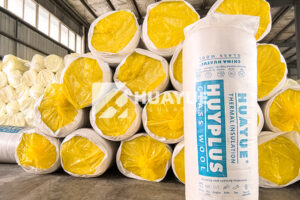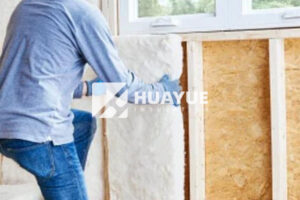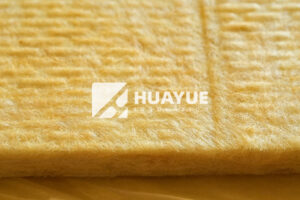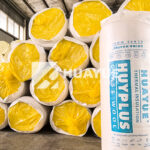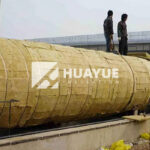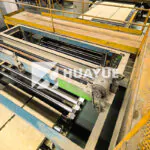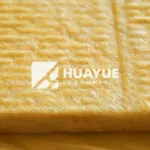Why is glass wool often used as insulation material?
Many people need better insulation. Poor choices can waste energy, cause noise, or even create safety risks. Can glass wool solve these problems?
Glass wool is widely used because it balances strong heat resistance, sound absorption, fire safety, easy installation, and low cost—making it a reliable insulation for homes and industries.
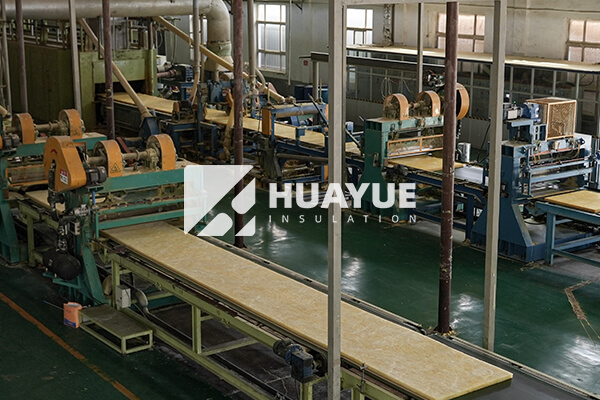
Some materials promise to insulate, but they let through heat or noise, or they are hard to install. I saw this when comparing options for my own facility. Then I found glass wool. Let me break down why it performs so consistently, and why most builders, engineers, and homeowners trust it.
How does glass wool insulate against heat and cold so well?
Gathering the right insulation means stopping energy loss in every season. Many older systems let warmth escape in winter or drive up air-conditioning bills in summer.
The reason glass wool insulates so well is because it has many tiny fibers that trap air inside. Air does not transfer heat easily. This means glass wool slows heat loss in cold weather and heat gain in hot weather, so buildings stay comfortable year-round.
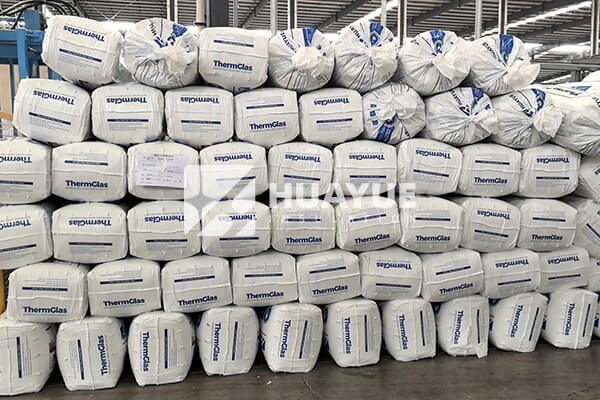
I have worked in facilities where temperature control is not optional. When I installed HUAYUE glass wool panels in a chemical plant, I saw immediate results. The machine rooms stayed warmer in winter. The process control area did not overheat in summer. Let’s look at how glass wool’s structure helps:
| Property | Description | Impact |
|---|---|---|
| Fiber Structure | Dense weave of tiny glass fibers | Traps air |
| Air Gaps | Countless micro-sized air pockets | Prevents heat transfer |
| Low Conductivity | Glass and air conduct very little heat | Maintains steady temp |
| Durability | Structure does not collapse over time | Long-term performance |
Each layer of fibers helps trap even more air, so the insulation works year after year. I no longer stress over high energy bills or unstable plant temperatures. HUAYUE glass wool keeps my facility on track.
Can glass wool really reduce noise in busy buildings?
Noise travels fast through thin walls or ceilings. Traditional insulation often fails to block sound.
Glass wool acts as a sound absorber because the tangled glass fibers break up sound waves. These fibers scatter and deaden noise as it travels through the material, which means quieter rooms and less distraction from outside sounds.
I saw this benefit in our offices, where machines run all day and night. After fitting HUAYUE glass wool under the floor and inside wall panels, meetings stayed peaceful no matter how loud the plant got. Here’s how it works:
| Feature | Role In Acoustic Control | Result |
|---|---|---|
| Soft Fiber Matrix | Disrupts sound wave movement | Less echo, less noise |
| Porous Structure | Absorbs airborne sound energy | Clearer environment |
| Thickness Options | Customizable for different needs | Acoustic tuning possible |
| Multi-Purpose Use | Works in tanks, walls, ceilings | Easy integration |
Glass wool doesn’t just block noise—it also dampens the harshest sounds. When holding safety briefings or equipment tours, I notice everyone hears better and stays focused.
Is glass wool really safe when exposed to flames or high heat?
Materials that melt or burn can be dangerous, especially around heavy machinery.
Glass wool does not burn. It is made from natural minerals—mainly glass—which are not flammable. HUAYUE glass wool keeps my plant safer by stopping fire from spreading if accidents happen. Safety teams trust this material because it meets strict fire codes and international standards.
| Safety Factor | Glass Wool Performance | Benefit |
|---|---|---|
| Non-Combustible | Will not ignite or support fire | Stops flames from spreading |
| High Temp Stability | Stays solid under heat | Maintains structure |
| Certifications | Meets ISO and EU safety rules | Confidence for engineers |
| No Toxic Smoke | Does not release harmful fumes | Safer for workers |
During one upgrade project, a short circuit caused sparks during welding. The HUAYUE glass wool liner stopped the blaze before it reached any vital systems.
Why do so many builders choose glass wool for installation and cost?
Complex insulation jobs slow projects down. Heavy or rigid materials can waste time and money. Glass wool is different.
HUAYUE glass wool is lightweight and can be cut easily. When I retrofitted a processing tank, I could fit this insulation around pipes, corners, and valves without special tools. Workers finished the job in a day. Orders did not get delayed.
Here’s why installation is simple and costs stay low:
| Installation | Glass Wool Advantage | Result |
|---|---|---|
| Flexibility | Cuts and bends to any shape | Easy on-site adjustments |
| Light Weight | Easy to lift and move | Fast, low-labor install |
| Multiple Formats | Available as batts, rolls, panels | Adapts to any location |
| Lasting Value | Keeps costs down over lifetime | Better ROI |
HUAYUE glass wool helps me meet deadlines, control budgets, and deliver reliable results. Its performance stays true for years, meaning fewer repairs and replacements.
Conclusion
Glass wool from HUAYUE solves common insulation problems with strong performance, safe use, easy handling, and affordable cost. I trust it for every project—big or small.
You may also be interested in:
Ready to Get Started?
Get in touch with our experts for personalized solutions tailored to your needs.
Get Free QuoteLatest Articles
Let's Work Together
Ready to take your business to the next level? Get in touch with our team of experts and let's discuss how we can help you achieve your goals.
Get Free Solutions
